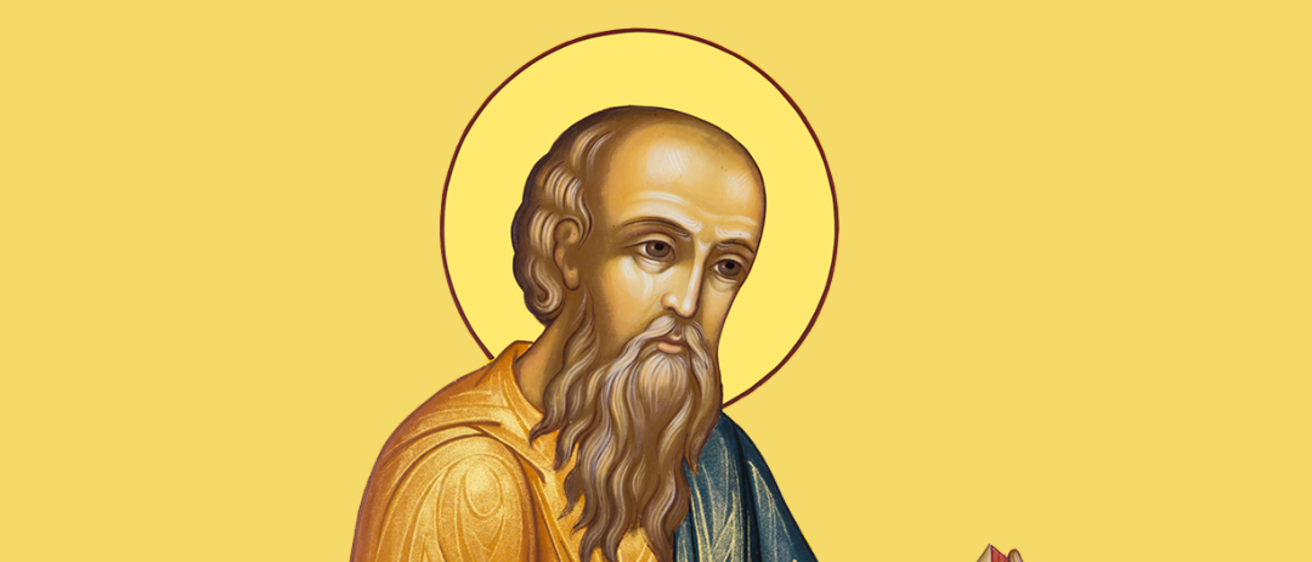You are probably scratching your head at this one. Modern Christians celebrate the final Holy Week of Jesus’ life starting on Palm Sunday and ending on Easter Sunday, when Jesus is resurrected after being crucified on Good Friday. All four canonical gospels confirm this timeline (Matthew 21-27, Mark 11-15, Luke 19-23, John 12-20), but any time an answer looks this obvious, it is best to pause for a moment to see if you are missing something.
We tend to focus on the Sunday-Saturday solar calendar, and this is put forward as the pattern of creation in Genesis 1, but this is not the only type of calendar. Jews use a lunar cycle to calculate their holy festivals like Passover, and the gospels also use this ritual calendar to make their own connections between Passover and Jesus.
Two quick points about the Jewish calendar. First, Passover occurs on the 15th of Nissan, which is calculated to always fall on a full moon (see other FAQ for calculating Passover). Second, the day begins on what we would consider the evening before, and it ends just before the next evening starts (for more, see FAQ: On which Day does the Sabbath Begin—Saturday or Sunday?)
Looking back at the Passion through this lens, the three Synoptic Gospels record Jesus’ crucifixion on the day of Passover (Matthew 27, Mark 15, Luke 23), while John records it on the day before Passover (John 19).
|
Gospel(s) |
Thursday Evening Meal, Arrest |
Friday Morning Trial, Crucifixion |
Completed Before Friday Evening |
|
Synoptics (Matthew, Mark, Luke) |
Passover Begins |
Passover Ends |
Sabbath Begins |
|
John |
Day of Preparation Begins |
Day of Preparation Ends |
Sabbath & Passover Begin |
Passover commemorates the protection from death during the 10th plague and the Exodus from bondage in Egypt, and the first night begins with a ceremonial meal providing the central ritual (Exodus 12-13). In the Synoptics, Jesus shares a Passover (Last Supper/Eucharist) meal with his disciples where he explains that his body and blood are the new ritual that free and protect from death.
The day before Passover is called the “Day of Preparation” and is when the lambs are slaughtered/sacrificed in the Temple for the meal that evening. When John the Baptist first meets Jesus, he proclaims, “Look, here is the Lamb of God” (John 1:36). The Gospel of John emphasizes Jesus’ fulfillment of that prediction when the centurion’s spear spilled his blood and water at the same time as the lambs in the Temple (19:34).
The Passover is crucial to understanding how the gospels want you to understand Jesus’ death and resurrection. That they all make the connection but do so in different ways argues that this is, indeed, one of the earliest parts of the early Christian tradition.
